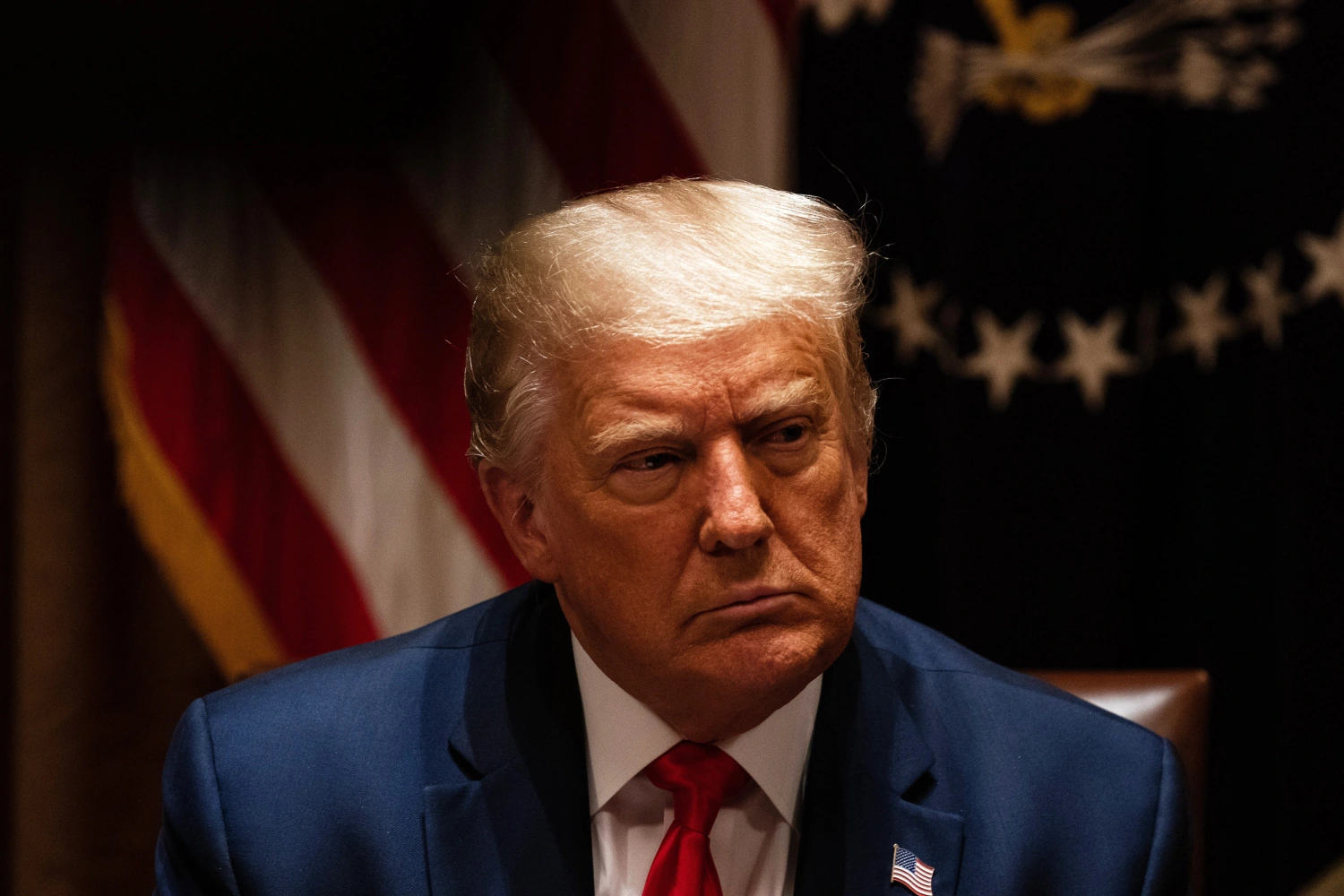Recent remarks by U.S. President Donald Trump have raised concerns about the country’s stance on Ukraine. His statements, which included false claims and criticism of Ukrainian President Volodymyr Zelensky, mark a significant shift in Washington’s position on the war. Here’s what you need to know:
What Did Trump Say About Ukraine?
During a press briefing at Mar-a-Lago, Trump:
- Blamed Ukraine for the war, falsely suggesting that the country “should have never started it.”
- Claimed Ukraine should hold an election, echoing a demand often pushed by Russian President Vladimir Putin.
- Suggested Ukraine should have made a deal with Russia, implying that peace could have been achieved if Kyiv had surrendered or accepted Russian demands.
His remarks contrast sharply with the previous U.S. stance, which recognized Ukraine as the victim of an unprovoked Russian invasion.
Why Is This Controversial?
- Excluding Ukraine from Peace Talks: Trump’s administration recently left Ukraine out of key U.S.-Russia negotiations in Saudi Arabia. His latest comments reinforce fears that he may impose a peace deal favoring Russia without Ukrainian input.
- Contradicting His Own Officials: Secretary of State Marco Rubio previously assured that any peace agreement would be fair to all sides, yet Trump’s remarks suggest otherwise.
- Spreading Misinformation: Trump falsely claimed that Zelensky’s approval rating is “at 4%,” when in reality, while it has declined, it remains far higher. Reliable polling is difficult in wartime, but there is no evidence to support Trump’s claim.
- Ignoring Ukraine’s Constitutional Law: Trump insisted that Ukraine should hold elections, despite its Constitution prohibiting voting under martial law. The last scheduled election was postponed due to the war.
What’s at Stake?
Trump’s statements could have major consequences:
- European Concerns: European leaders worry the U.S. might force Ukraine into an unfavorable peace deal that benefits Russia.
- Diplomatic Implications: Trump suggested that European troops could enforce a future agreement, but Moscow has already rejected this idea. British Prime Minister Keir Starmer is set to meet with Trump to discuss the issue.
- Republican Division: Some senior Republican senators, like Roger Wicker and John Kennedy, voiced strong distrust of Putin, calling him a “war criminal” with “Stalin’s taste for blood.” However, they stopped short of directly criticizing Trump’s approach.
What Comes Next?
Trump hinted at a potential in-person meeting with Putin by the end of the month, reinforcing concerns that his top priority is securing a deal—any deal—that he can claim as a political victory. Critics argue that a rushed agreement could lead to a fragile peace, setting the stage for future conflicts.
As the situation unfolds, the key questions remain: Will Ukraine have a say in its own future? And will Trump’s approach to diplomacy ultimately reward Russia’s aggression?






